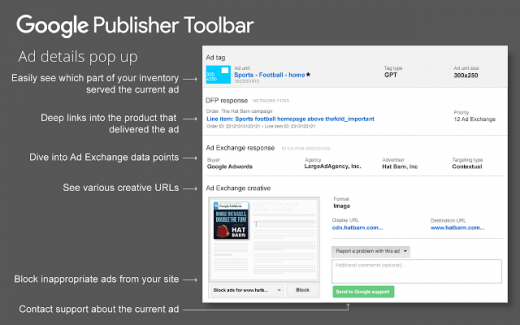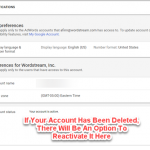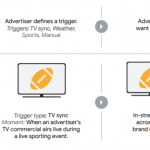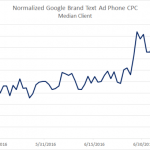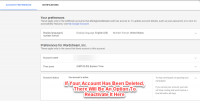Google Advertisers Already Have Tools To Block Ads From Extremist Content
Google Advertisers Already Have Tools To Block Ads From Extremist Content
by Laurie Sullivan @lauriesullivan, March 24, 2017
Several advertising executives with hands-on experience creating and scheduling campaigns say every company in the advertising supply chain has some accountability for where their ads appear on the Google Display Network and YouTube.
Solely blaming Google for serving ads alongside extremist content must stop.
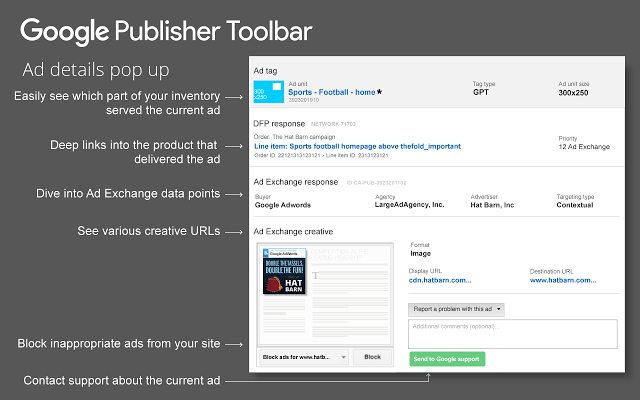
Jonathan Kagan, senior director of search and biddable media at MARC USA Results:Digital, and Mario Schiappacasse, head of display at Jellyfish U.S., in separate conversations said media agencies need to take responsibility for deploying available safeguards offered by DoubleClick and YouTube.
The Association of National Advertisers released a statement Friday urging members to do whatever it takes to correct these concerns of devaluing brand value, trust and equity. These assets entrusted with marketers to build, nurture, grow and strengthen, and anything that “disrupts, disturbs or threatens” the relationship should be “avoided at all costs.”
Many of the controls and settings to prevent a brand’s ads from appearing alongside extremist content are already in place.
The DoubleClick platform currently offers technology that reviews Web sites and the content of each page before serving the advertisement. There are several default categories built into the technology — and advertisers can also choose to include their own list.
Among advertisers, there is a lack of awareness that they can protect their brand as well as the education to know how to do this, Kagan says. “Advertisers can pick and choose specific YouTube channels, he said. “You’re going to lose a little by using some of the controls, but you can still overlay targeting and demographic data, and protect the brand.”
Kagan and Schiappacasse say it takes education on how to use the platforms; sensitive categories like adult, derogatory or violent content or any other content that can be considered offensive also can be blocked.
A range of companies have reportedly pulled their ads from running across Google properties, such as AT&T, Dominos, Johnson & Johnson, and Verizon, along with O2, EDE and Royal Mail.
Some say Facebook Live and other live-streaming media services are likely to feel the same sting of brand ads posted alongside disturbing content, for example, that highlights shooting and murders. The social site does have a “blacklist” and a suite of controls in place, similar to Google, but it’s not a self-serve network.
Schiappacasse said Facebook and others that offer live streaming are pushing the boundaries of media, allowing people to express their views immediately without an auditing process.
“Companies will need to consider the consequence of immediacy and how the tech platforms should evolve to accommodate the change,” he said.
MediaPost.com: Search Marketing Daily
(63)

